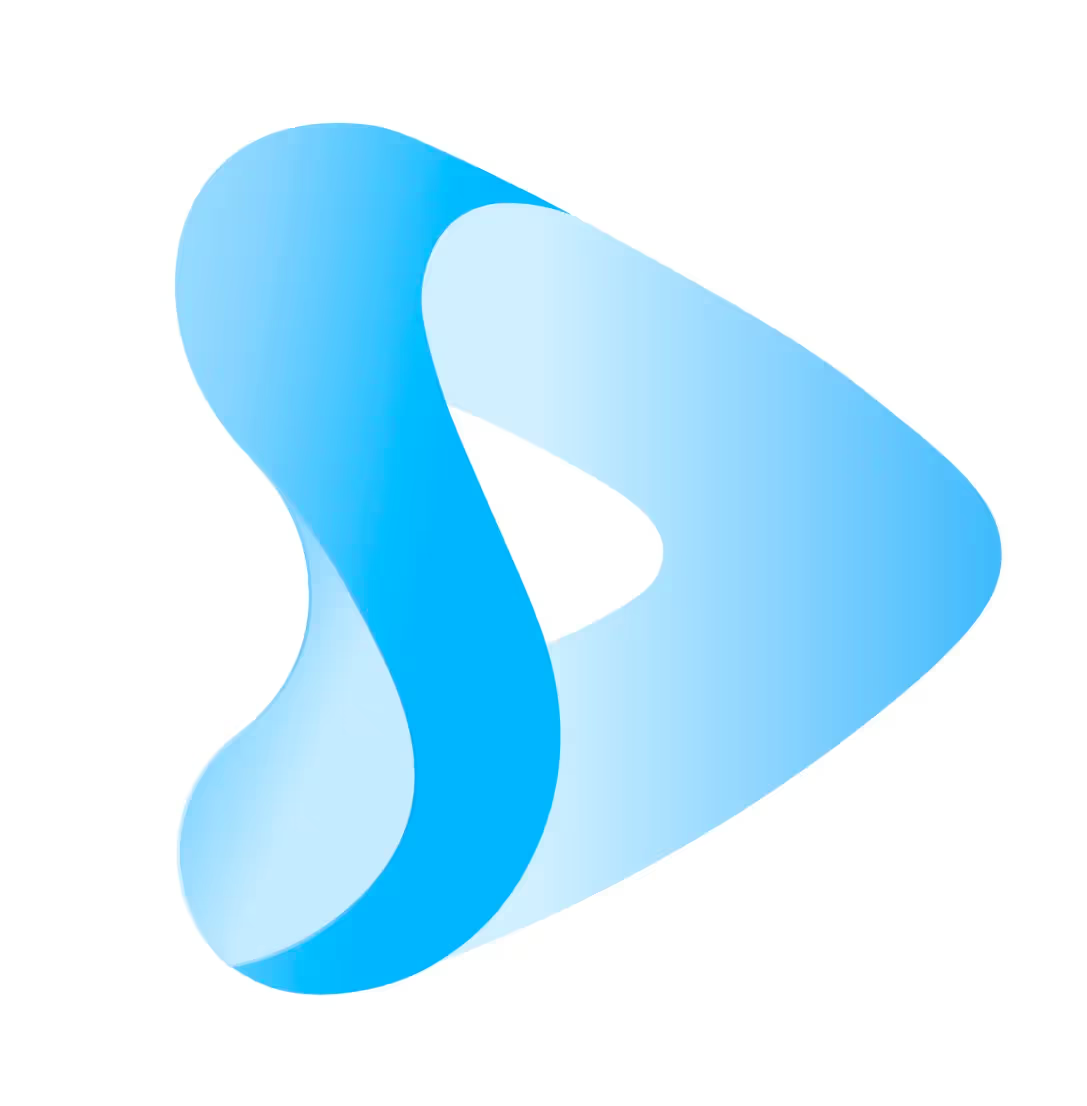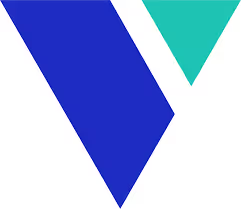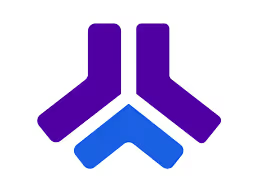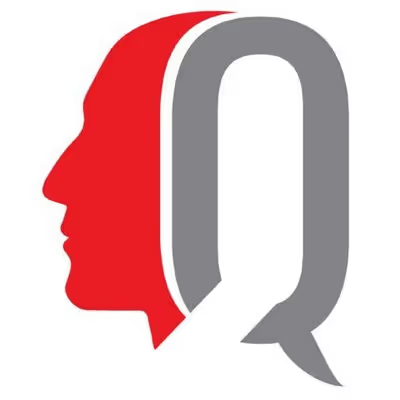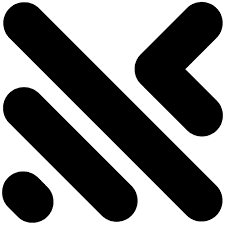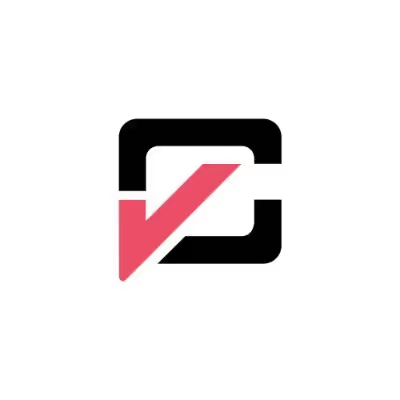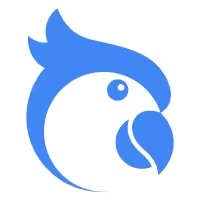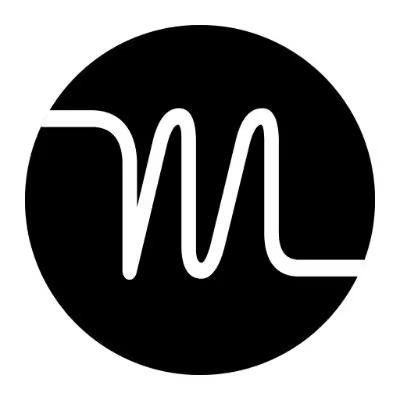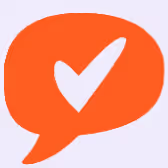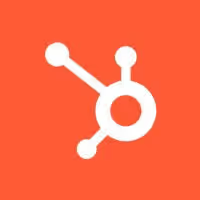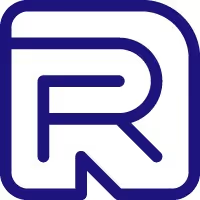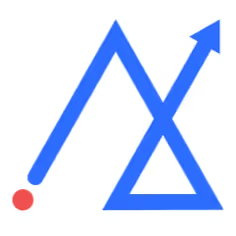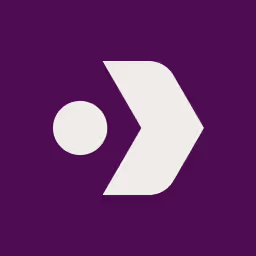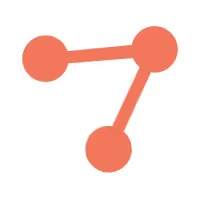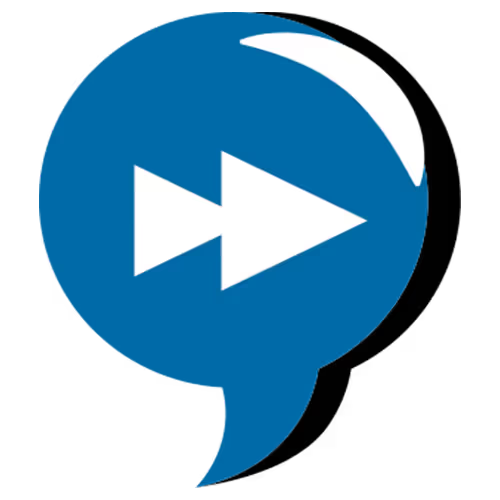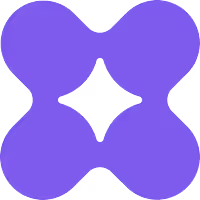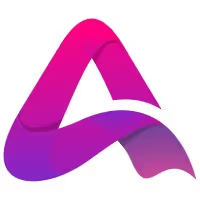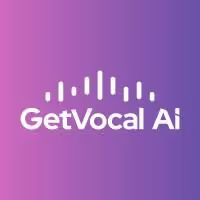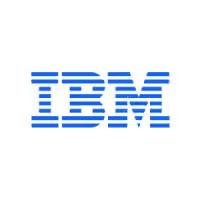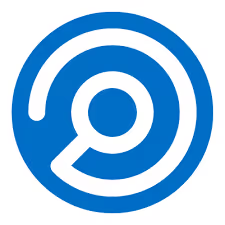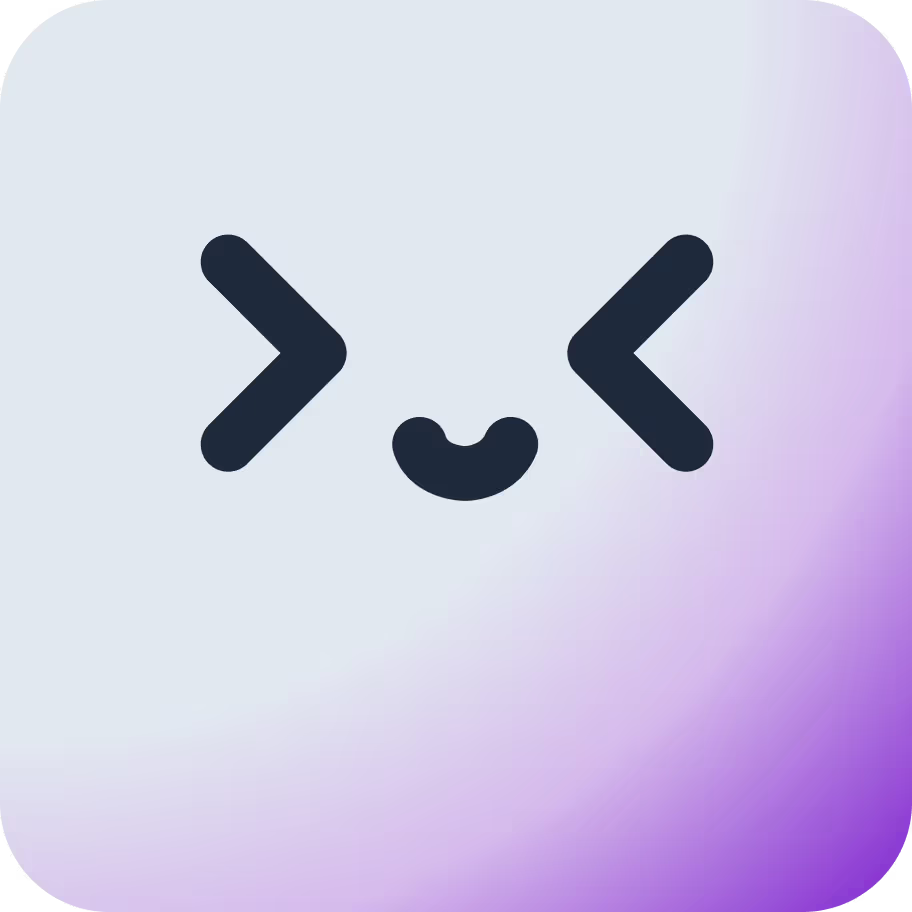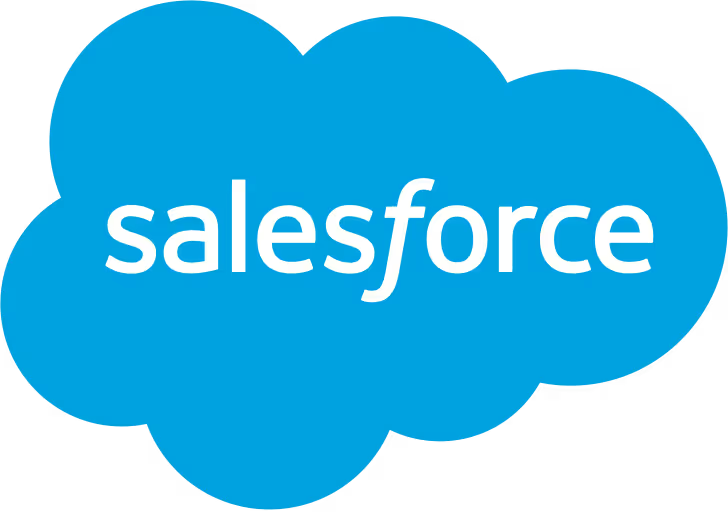Sales assistant is a software tool that helps sales teams manage leads, automate tasks, and close deals faster.
What can Sales Assistant do?
It can organize contacts, send follow-ups, track interactions, and provide sales insights to boost productivity.
How does Sales Assistant work?
Sales assistant uses automation and data integration to streamline sales workflows and improve communication.
Is Sales Assistant easy to set up?
Yes, most sales assistants offer quick setup with step-by-step guides and require minimal technical skills.
Many sales assistants offer free plans with basic features, but advanced options usually require paid subscriptions.
What is the common Sales Assistant pricing?
Typical pricing ranges from $15 to $50 per user per month depending on features and user limits.
What are the types of Sales Assistant?
Types include CRM-based assistants, AI-powered chatbots, task automation tools, and email follow-up helpers.
Does Sales Assistant work with email?
Yes, it integrates with major email platforms to automate outreach and track email responses.
What are the best Sales Assistant tools?
Popular tools include HubSpot Sales, Salesforce Sales Cloud, Zoho CRM, and Pipedrive Sales Assistant.
What are common Sales Assistant integrations?
Common integrations include Gmail, Outlook, CRM systems, calendar apps, and communication platforms like Slack.
